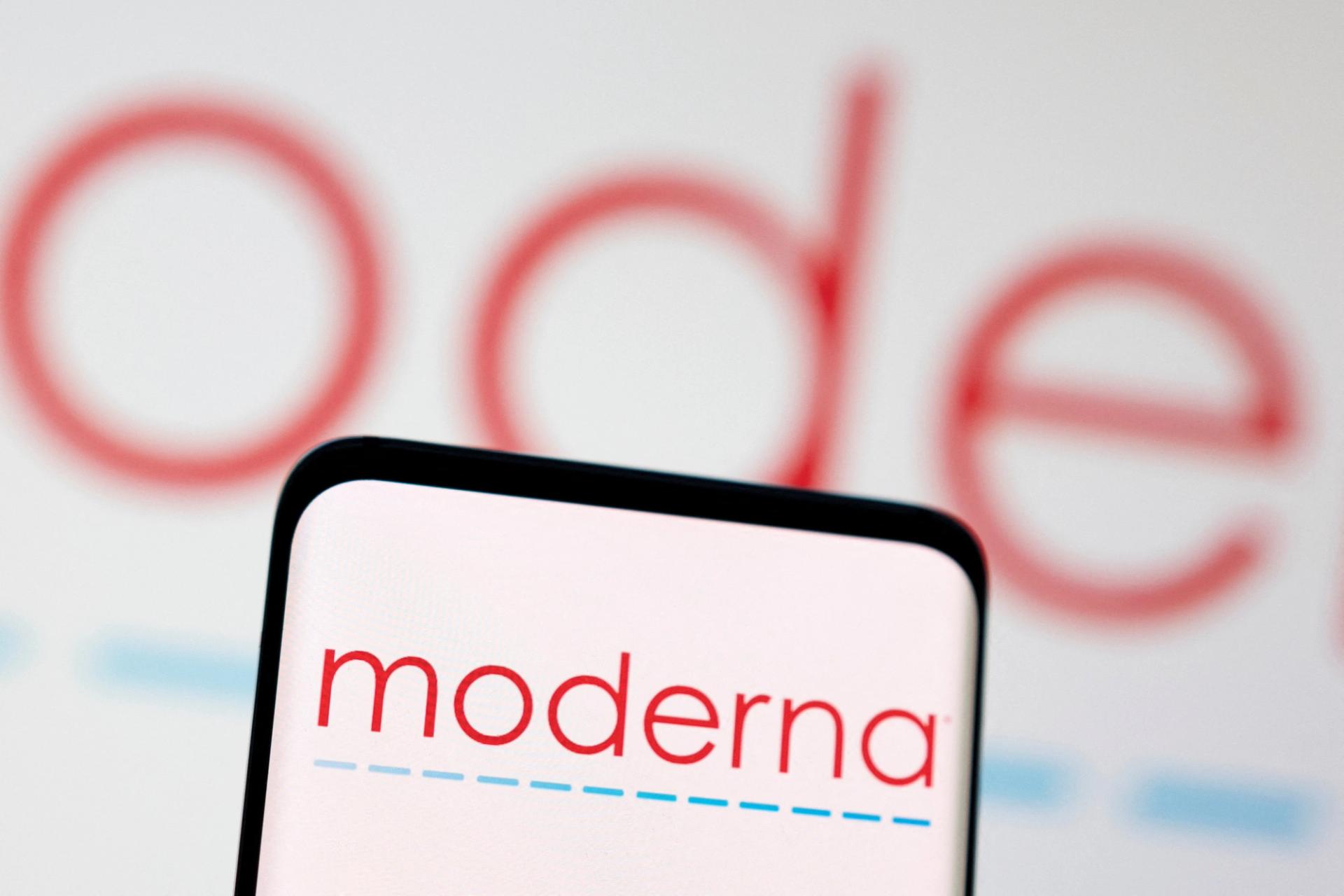Semafor Signals
Supported by
Hopes rise for mRNA cancer vaccine after Moderna trial shows promise
Insights from Live Science, Nature, and Axios

The News
Hopes for a successful cancer vaccine were boosted this week after pharma company Moderna announced that its mRNA cancer vaccine, which was developed to target melanoma, might also treat a form of head and neck cancer. Currently, mRNA vaccines are only approved for treating COVID, though researchers are racing to apply the technology to other diseases.
The development, which sent Moderna’s share price soaring, adds to scientists’ recent discoveries of more ways to use cutting-edge messenger RNA technology, expanding on the lessons learned during the COVID-19 pandemic.
Data from an early trial showed a greater overall survival rate for patients who took Moderna’s cancer vaccine alongside immunotherapy treatments, the pharma giant said.
The pandemic prompted the rapid advancement of mRNA vaccines, which give the body instructions for manufacturing bits of pathogens so that it recognizes them in future.
SIGNALS
mRNA vaccines offer hope for cancer treatment writ large
“There’s a lot of enthusiasm around mRNA right now,” a doctor at the Dana-Farber Cancer Institute said in 2022, during the COVID-spurred boom in vaccine development. mRNA vaccines beyond Moderna’s have shown promise in early trials, with researchers also reporting a positive response from patients with pancreatic cancer. An mRNA vaccine for pancreatic cancer recently showed promise in early clinical trials, seemingly reducing the risk of the cancer returning in patients who had surgery to address it.
Pandemic jump-started a ‘golden age’ of vaccines
“From a scientific point of view, we are entering the golden age of vaccines,” former Biden administration COVID response coordinator Ashish Jha told Axios last month, though he cautioned that we’re also entering a time of extreme vaccine hesitancy. “That contrast — that contradiction, almost — is very odd and we have a lot of work to do,” Jha said.
And mRNA innovations don’t stop at traditional medical development; machine learning researchers are using AI language models to decode mRNA and try to make more effective vaccines.
mRNA therapy for rare disorder could lead to new class of drugs
mRNA technology may also be able to treat propionic acidaemia, a rare, life-threatening metabolic disorder where patients can’t digest certain proteins and fats because they’re unable to produce the necessary enzyme. But the promising new drug from Moderna helps the body make that enzyme, raising hopes of a new class of drugs that could treat a wide range of conditions. A physiologist told Live Science the development was “very encouraging,” saying it provides hope for treating other similar diseases. However, physicians warned Nature that this development was just “a first step in the right direction.”
